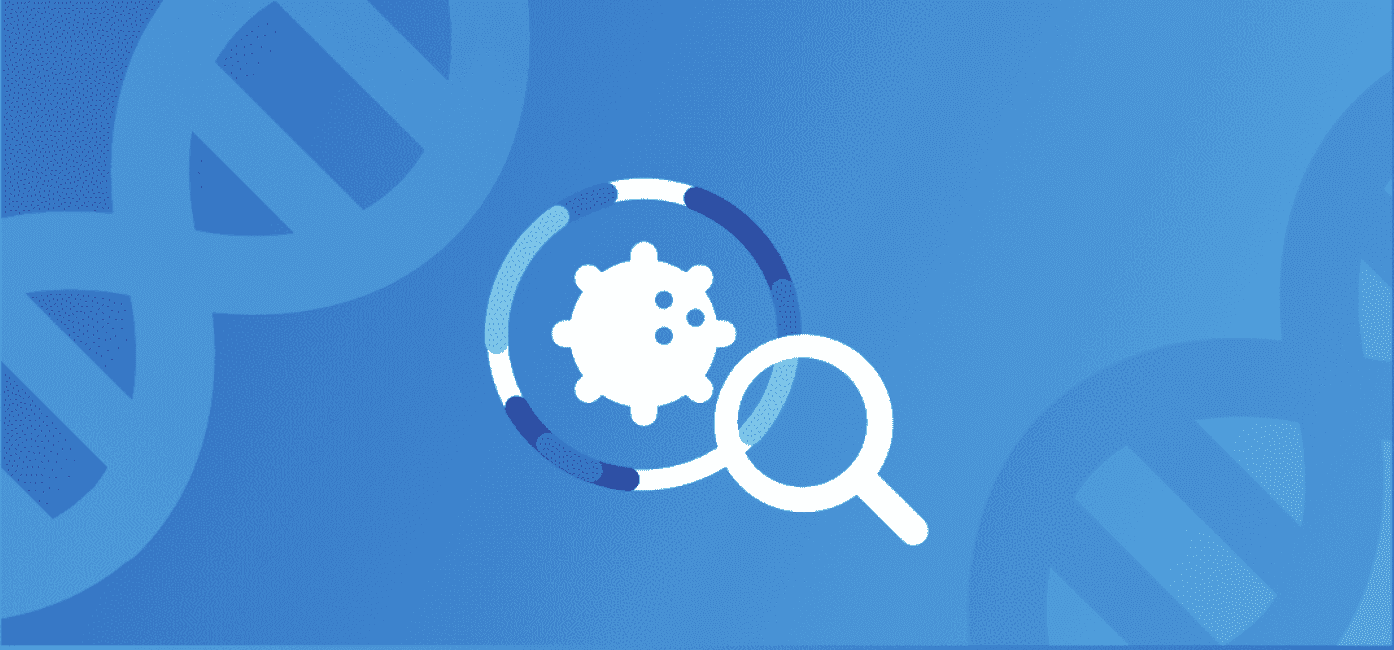In the largest genetic study of its kind to date, 23andMe scientists have identified variants associated with an increased risk of developing Long COVID and also established a genetic link between the potentially debilitating condition and other chronic conditions such as depression, chronic fatigue syndrome, and fibromyalgia.
Published in the preprint server for health scientists known as MedRxiv, the study suggests that genetic differences in how the body’s immune system recognizes and responds to the virus likely influence the chances of developing Long COVID. Among the strongest genetic associations was in the region of the HLA-DRB1 gene, which plays a critical role in the body’s immune response.
“Long COVID’s rising burden and impact highlights the urgent need to better understand its pathophysiology. Our study marks a significant step toward unraveling the genetic underpinnings of Long COVID where we report that the immune function may play an important role in developing the condition,” said Ninad Chaudhary, PhD, a postdoctoral fellow at 23andMe and a co-author of the study. “Along with identifying robust evidence that individual genetic variants contribute to the risk of Long COVID, we also identify potential causal effects of genetic predisposition to depression, chronic fatigue syndrome, and fibromyalgia with the development of Long COVID. This provides opportunities to identify at-risk individuals and new avenues of investigation for investigating treatments that may address the impact of Long Covid.”
What is Long COVID?
The US Centers for Disease Control and Prevention defines Long COVID as being a chronic condition lasting three months or more after an initial infection COVID-19.
Individuals suffering from Long COVID present with a wide range of more than 200 symptoms, but among the most common are brain fog, fatigue, and shortness of breath. Estimates suggest that worldwide, as many as 65 million people endure Long COVID.
A little over 7 percent of people infected with COVID-19 will develop Long COVID, while more than half of those with severe cases will develop the lingering condition. Projecting over the millions of individuals worldwide who’ve been infected or are yet to be re-infected, the public health impact of Long COVID is likely to linger for years to come. Understanding the underlying biology and associations may help scientists understand how to treat the condition better.
Immune Response and Blood Type
In addition to the HLA finding, 23andMe scientists also focused on the role of the ABO gene, which determines a person’s blood type. The role of the ABO gene has been previously identified by 23andMe scientists and others for its role in the severity of COVID-19 in some individuals. In this study, the scientists suggest that blood type or ABO variation may also influence the likelihood of developing Long COVID.
The ABO blood group also has a role in immune response as well as influences the factors that affect the coagulation of blood. This, in turn, may explain why it is associated with both acute COVID-19 and Long COVID cases. The blood types determined by the ABO gene are also linked to blood clotting and inflammation, both hallmarks of Long COVID.
The scientists working on this study also identified several new associations in or near the genes BPTF, C17orf58, and KPNA2. Researchers believe these genes’ role in susceptibility to Long COVID is also related to the defense system against viruses.
Chronic Conditions Associated with Long COVID
This study also found strong genetic correlations between Long COVID and several other chronic conditions, including chronic fatigue syndrome, fibromyalgia, and depression. The researchers found that people with genetic predispositions toward these chronic conditions were more likely to develop Long COVID after a COVID-19 infection.
For researchers, the link between these chronic conditions could provide clues to the underlying biology why Long COVID develops in some people and not others. For example, immune dysregulation and impaired cellular function, which may play a role in Long COVID, are often hallmarks of chronic fatigue syndrome and fibromyalgia.
Other studies have shown how depression affects immune function and the body’s ability to fight off infections. The genetic link between depression and Long COVID may support the idea that immune system dysfunction plays a central role in the development of Long COVID.
Implications for Future Research and Treatment
By identifying new genetic associations for Long COVID and possible biological pathways, the research could help other scientists search for treatments. For example, existing medicines used to treat depression might have clinical utility in treating Long COVID if well-powered randomized controlled trials of these medicines in the Long COVID setting were to substantiate this hypothesis.
In addition, the research may help identify those at most risk for Long COVID, who could benefit from better monitoring post infection or better treatment options.
Ultimately, the genetic insights from this study provide a foundation for future research that could lead to improved care and outcomes for Long COVID patients. As we continue to learn more about the condition, we hope that we will soon have better tools to prevent and treat the long-term effects of COVID-19, bringing relief to the millions of people affected by this condition worldwide.
This study is part of a series being conducted by 23andMe scientists since the beginning of the pandemic in 2020, and it was made possible by 23andMe customers who consented to participate in research.




